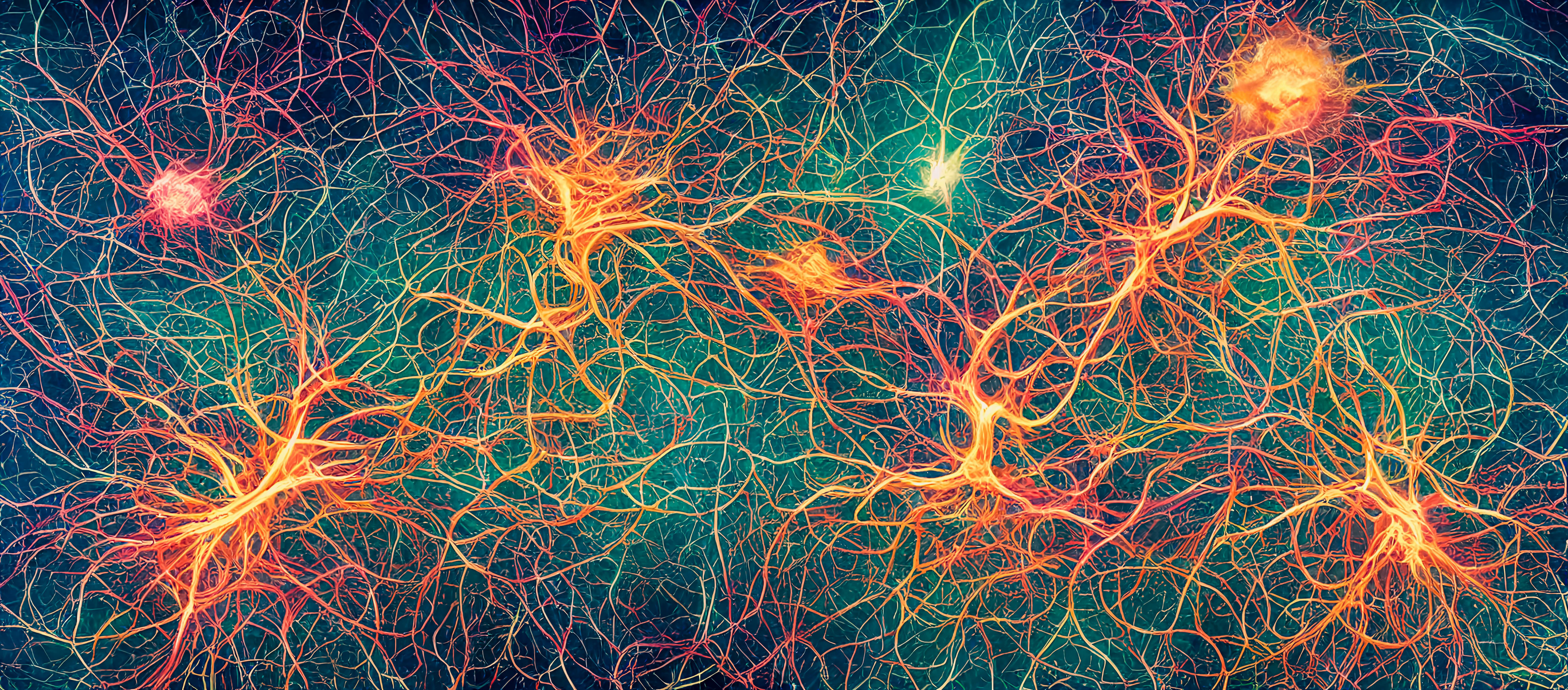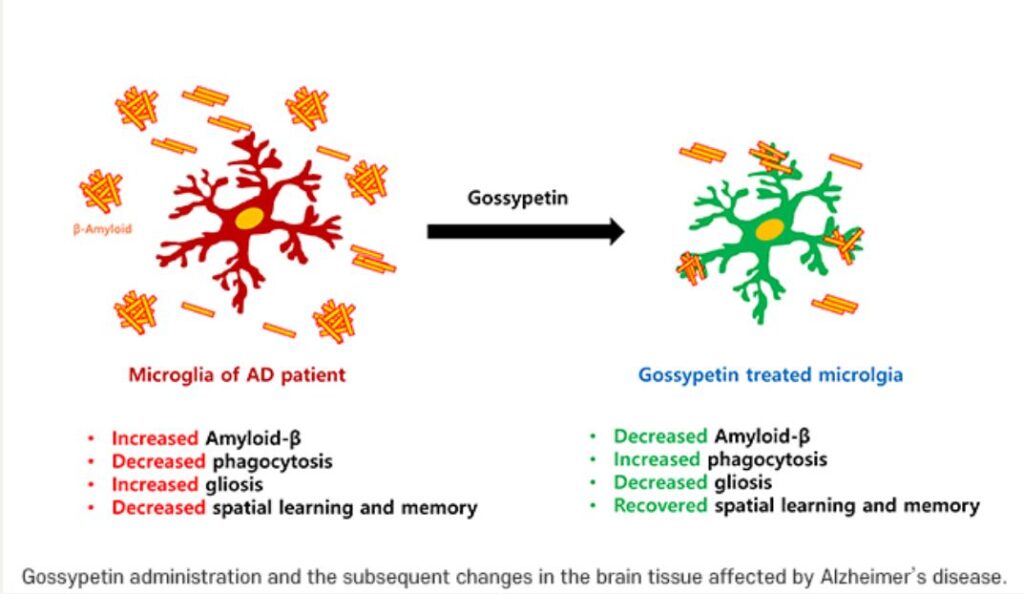
Helping your mother make pancakes when you were three…riding your bike without training wheels…your first romantic kiss: How do we retain vivid memories of long-ago events? As described in a paper published in Neuron, researchers at Albert Einstein College of Medicine have found the explanation.
“The ability to learn new information and store it for long periods is one of the brain’s most remarkable features,” said Robert H. Singer, Ph.D., a co-corresponding author of the paper. “We’ve made a startling discovery in mice regarding the molecular basis for making those long-term memories.” Dr. Singer is professor of cell biology and in the Dominick P...
Read More









Recent Comments